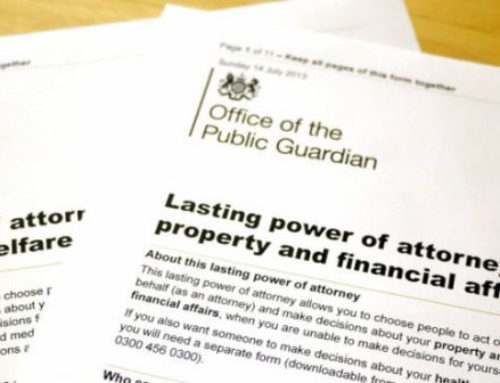A benefit in kind (BIK) is a non-cash benefit received from your employer. This might be an incentive to make your workplace more appealing such as health insurance or gym memberships or it could be a company car. Some benefits can be provided tax free, but most are subject to tax and national insurance just like a salary.
What do you need to do?
If you have paid out taxable BIK’s from your company to your employees or directors, then you will need to report these on a form P11D. This informs HMRC that a taxable benefit is being received by the employee and they will adjust that employee’s tax code accordingly.
The company also pays class 1a National Insurance on the value of the benefit, so when you have completed your P11D forms, you send them with the cover form (P11DB) and pay over the National Insurance (13.8% of the benefit value).
The P11D form covers the tax year and is due to be filed with HMRC by the following 6th July with payments of national insurance due to reach HMRC by the 22nd July.
Alternatively you can process benefits through the payroll, this may increase the complexity of your payroll reporting but it reduces the year end filing requirements, and may result in your employees tax codes being updated faster.
So which benefits are taxable?
The main benefits most people have to pay tax on are:
Electric cars
The tax on electric cars is very low so we’ve seen a big uptake of these cars by our clients, but there will be a small amount payable in tax, so this needs to be on your P11d.
If you change your car during the tax year, this will need to be updated to reflect any changes.
Other company cars
The tax on company cars is high, and if you pay for fuel from the company you will need to pay a fuel benefit too. If you have a company van with private usage, this also needs to be taxed, although the tax is much lower than for a car.
Directors loans
If you have taken out an interest-free loan of more than £10K from your company, this is a benefit in kind, and you may need to report this to HMRC and pay some tax on the interest saving you have received.
Other common benefits are:
- Medical and other personal insurances
- Childcare
- Any other personal costs paid by the company
Which benefits are tax free?
Some benefits are tax free and do not need to be reported on a p11d. Here’s a reminder of the tax-free items you can pay for your employees:
- Pension contributions
- Cycles – under the cycle to work scheme
- Mobile phones – the contract should be in the company name and private use kept to a minimum.
- Electric car charging
- Car parking
- Childcare – under one of the government schemes available
- Living accommodation – if needed for employees to carry out their duties or for their safety. Directors have separate rules though!
- Trivial gifts – £50 cash or cash voucher (no more than £300 per employee)
- Home Working allowance – allowance of £6 per week – no longer available if you work from home by choice.
- Staff events – one -off or regular events for the whole team up to £150 per head per year.
If you have questions about benefits and are uncertain as to your filing requirements please get in touch.



